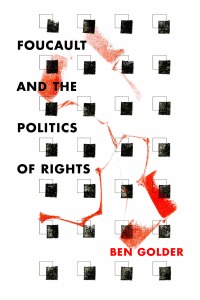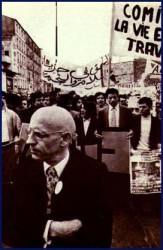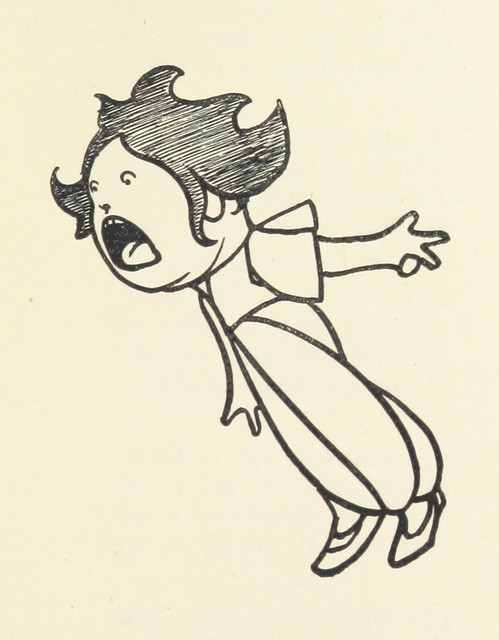UPDATE: There were some teething issues regarding the cost of postage to Australia, I believe these have been resolved.
Also, in addition to the 60% discount for hardback there is a 30% discount code for e-book – UFP30.
60% off discount Unsettling Food Politics
I had the initial idea for this book in 2013. In December 2014 I pitched it to the series editors during the Australasian Society for Continental Philosophy at Australian Catholic University in Melbourne. Almost five years later, my book – Unsettling Food Politics: Agriculture, Dispossession and Sovereignty in Australia – is being released by Rowman & Littlefield.
During that five years, there were many changes to the scope and direction of the book. I could probably spend another five years making further changes. Fortunately deadlines meant that was not possible. I’ll post more on the back story later. For the moment here is the synopsis and some very kind endorsements.

Synopsis
This book uses social and political theory to critically examine the historical constitution of contemporary alternative food discourses. While alternative food activists appeal to food sovereignty and agrarian discourses to counter the influence of neoliberal agricultural policies, these discourses remain entangled with colonial logics of sovereignty and dispossession of indigenous peoples. In particular, this book addresses the influence of Enlightenment ideas of improvement, the use of agriculture to establish ownership, and the production of a white population in Australia. In combination with this critical history, this book brings continental political philosophy into conversation with Indigenous theories of sovereignty and alternative food discourses in order to open new spaces for thinking about food and politics in contemporary Australia.
Endorsements
The inter-disciplinary nature of the work is reflected in the generous endorsements from a variety of scholars from different disciplines.
Mayes’ book is an important and, yes, unsettling reminder that in the Australian context, too, a return to smallholder farming as an antidote to the world’s food woes, is a return to an imaginary thick with dispossession and unfree labour.
Julie Guthman, Professor of Social Sciences at the University of California, Santa Cruz
Too often debates around food focus on the individual consumer and consumer choice without acknowleding the way in which those choices are determined by the culture of possibilities in which the consumer is situated. The impact of current food practices on health, the environment, and social inequity cannot be addressed merely by changing individual habits; rather, food justice will require fundamental changes in the systems of production and distribution that determine what and how we eat.
This important and timely book exposes the complicity of commodity agriculture not only in the global obesity crisis and environmental injustice, but also in the food insecurity of vulnerable populations. Drawing on the resources of Foucault, Mayes demonstrates convincingly the role of agriculture in the project of colonialism and its historic injustices. Though he focuses primarily on Australia, his analysis of the way in which contemporary agricultural practices reflect racism and the dispossesion of indigenous peoples has a global reach.
Mayes does not only offer a critique of the provision of food as a biopolitical act that privileges some bodies over others; he also offers positive strategies for transforming our current food culture in order to address the injustices inherent in it. As he argues, by recovering the knowledges of indigenous peoples and by giving the marginalized a place at the table where decisions are made, we may be able to revolutionize current food practices in ways that will not only address inequity, but also improve the well-being of each and all.
Mary C. Rawlinson, Professor and Director of Graduate Studies, Department of Philosophy, Stony Brook University
Unsettling Food Politics is an extraordinary rethinking of food sovereignty politics beyond formal sovereignty structures and discriminatory discourses of settler-colonial states. Fashioning a reflexive historical method to construct a substantive sovereignty of indigeneity, Mayes raises profound ethical questions for food sovereignty movements and practices within states and farming systems founded on indigenous subjugation. This is powerful food for thought.
Philip David McMichael, Professor, Department of Development Sociology, Cornell University
This is the book we have been waiting for. Unsettling Food Politics finally provides the critical study of settler-colonial food regimes that we so desperately need today. Historically grounded and well argued, this book is essential reading.
Thomas Nail, Associate Professor, Department of Philosophy, University of Denver
Unsettling Food Politics models a radically different conception of political responsibility. He achieves this by means of a brilliant, and wholly convincing, double movement. One the one hand, Mayes widens the net of our complicity in Indigenous dispossession beyond what many are likely to find comfortable – as he puts it, unforgettably, “If you eat, you are involved in settler-colonialism”. On the other, he insists that any credible response must proceed from the acknowledgement of the moral primacy of the First Peoples of this land, their claim on the soil, their food practices. Mayes’s book is, in effect, a startling demonstration of what it would mean to accept the invitation extended by the framers of the Uluru Statement from the Heart, for non-indigenous Australians to join the First Peoples at a table they have set, to discover what it might mean, finally, to become political companions (in the original sense of the word). And perhaps that is the best description of what Mayes sets out in this remarkable book: a politics of companionability. Unsettling Food Politics is an extraordinary achievement.
Scott Stephens, Religion & Ethics editor, Australian Broadcasting Corporation, and Co-host of The Minefield, on ABC Radio National











![Image taken from page 855 of '[A series of original Portraits and Caricature Etchings by ... J. Kay; ... with biographical sketches and illustrative anecdotes. [Edited by H. P.]]'](https://farm3.staticflickr.com/2840/11265651245_64e1d072f7_z.jpg)

